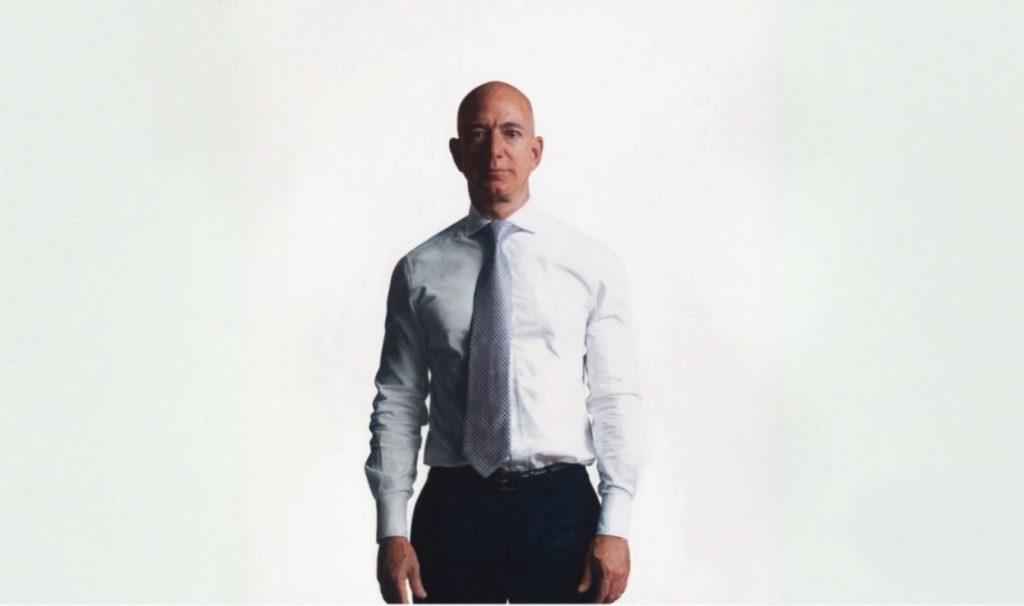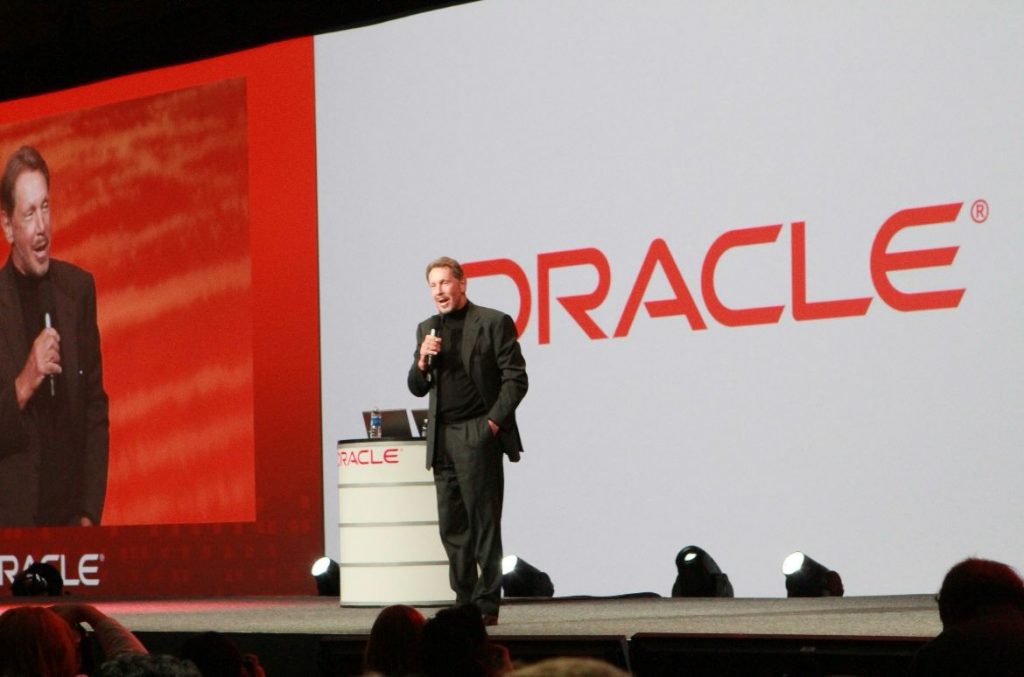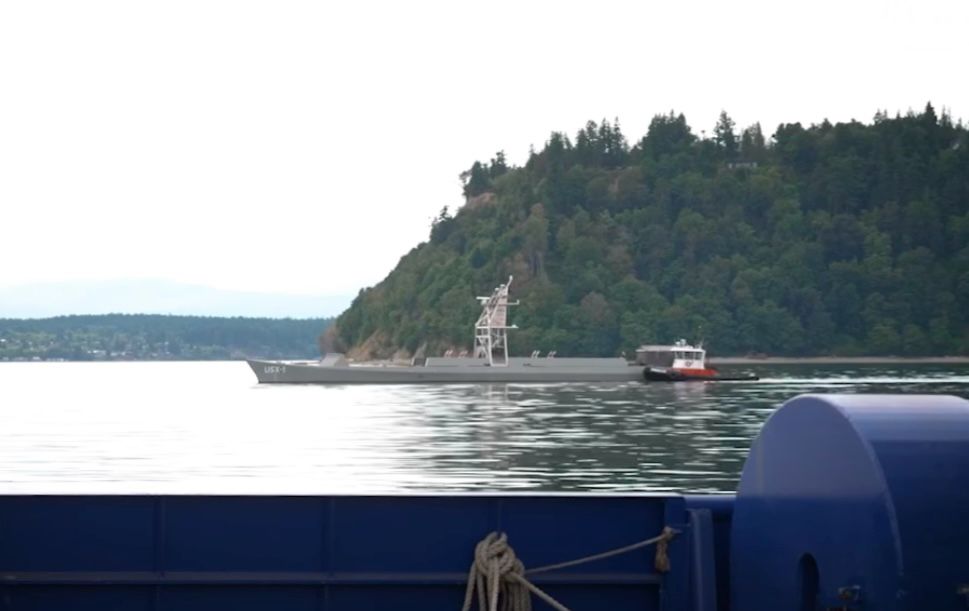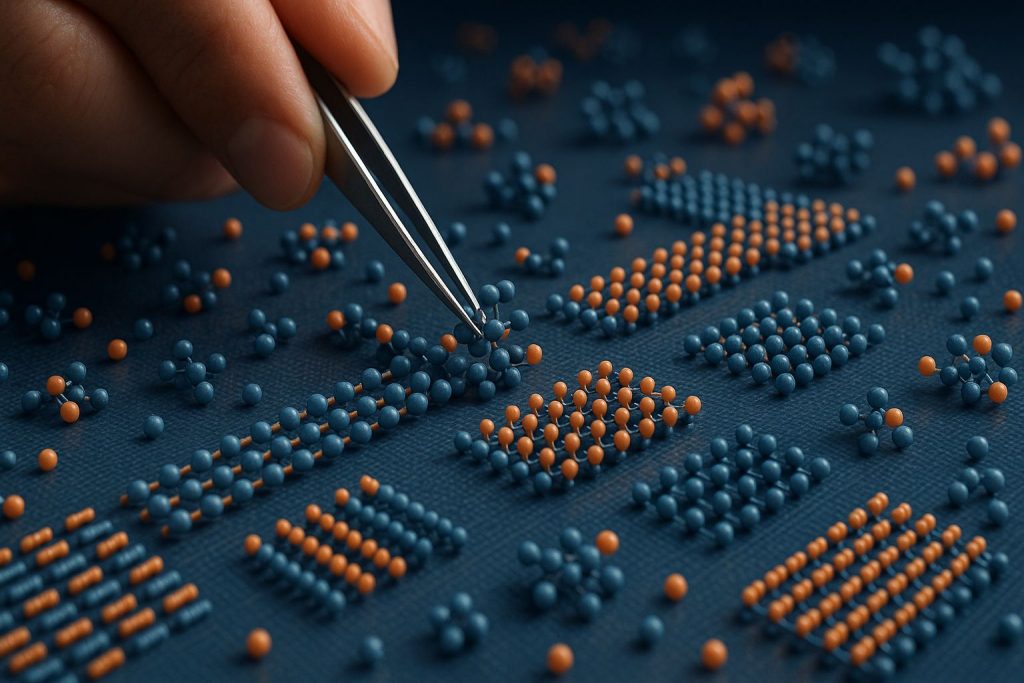The Harder Thing
When Bezos recalls that day, it isn’t about cigarettes. It’s about choice.
Technology, he reminds us, is a tool forged by cleverness — but deployed through human will. You need ingenuity to build a rocket, an algorithm, or a global marketplace. But the true test is how you wield it.
“Technology is clever,” Bezos said (at Italy’s 2025 Tech Week), pausing as if to underline each word. “But it’s not kind. That’s a choice.”
It’s a statement that lands differently in 2025 than it would have in 1995. In an era of rapidly scaling AI models, autonomous decision-making, and algorithmic acceleration, kindness is no longer soft virtue. It’s infrastructure.
Seeing Beyond the Bubble
When the dot-com bubble burst in 2000, Amazon’s stock fell from $113 to $6 a share. Panic gripped markets. Employees received calls from worried parents. Analysts predicted the end.
But Bezos watched something else: every real metric inside the business was rising. Customers were increasing, repeat purchases were accelerating, losses were shrinking relative to sales.
“The stock market is a voting machine in the short term,” he said, quoting Benjamin Graham. “But it’s a weighing machine in the long term.”
The lesson? Noise is temporary. Fundamentals endure.
Two decades later, AI stands where the internet once stood — in its exuberant, breathless, overfunded adolescence. Bezos sees the pattern: bubbles burst, but infrastructures remain. Just as fiber-optic cables outlasted the telecoms that laid them, AI’s impact will outlive its initial hype cycle.
AI: The New Horizontal Layer
“AI is real,” Bezos stated plainly. “It’s going to touch every company in the world.”
He wasn’t exaggerating. To him, AI is not an industry — it’s a horizontal enabling layer. Not just the domain of OpenAI or Anthropic, but the bloodstream of manufacturing, healthcare, agriculture, finance, hospitality — every operational organ of civilization.
This, Bezos argues, mirrors the dawn of electricity. Initially applied to light bulbs and factories, electricity eventually rewired everything. So too will AI — silently, broadly, relentlessly.
Wandering with Purpose
Bezos describes himself not first as a CEO or builder, but as an inventor. His favorite moments happen in front of a whiteboard with a small team, “wandering.”
“Wandering,” he explained, “is humility. It’s acknowledging that you don’t always know the path to the mountaintop — only that it’s there.”
This wandering is inefficient by design — the birthplace of originality. But Bezos pairs it with something almost paradoxical: operational precision. Ideas wander. Execution marches. The genius is in the harmony between the two.
He learned to temper his own firehose of ideas after one of his top executives told him bluntly:
“Jeff, you have enough ideas to destroy Amazon.”
His response wasn’t to have fewer ideas — it was to sequence them. To build an organization that could absorb them at the right pace.
Stubborn on Vision, Flexible on Details
Among his favorite maxims:
“Be stubborn on the vision and flexible on the details.”
This, he says, is why Amazon could adapt over decades without losing its core. Customer needs evolve slowly — people always want faster delivery, lower prices, greater reliability. Technologies shift. Competitors change. But human desire is the bedrock on which long-term strategy stands.
The Coming Golden Ages
Bezos sees more than just AI. He sees a cluster of converging “golden ages”:
•AI: Ubiquitous augmentation of intelligence and productivity.
•Robotics: Machines doing what humans don’t need to.
•Space travel: A genuine industrial frontier.
“We are gifted,” he said, “to live at a moment when several golden ages are happening at once.”
His company Blue Origin is building lunar landers, hydrogen-powered rockets, and — in a vision that seems pulled straight from science fiction — future gigawatt-scale data centers in orbit.
Why space? Solar energy 24/7. No weather. No downtime. A future where computing capacity literally floats among the stars.
Kindness at Scale
For all the talk of data, rockets, and infrastructure, Bezos’ narrative loops back to something surprisingly human: kindness.
The most disruptive technologies are not built by cleverness alone. They are shaped by moral choice — by the quiet, stubborn decision to make tools that elevate, not diminish.
“It’s harder to be kind than to be clever,” his grandfather said that day.
The world is beginning to learn what a ten-year-old once did on a Texas road: cleverness builds tools, but kindness decides what civilization becomes.




